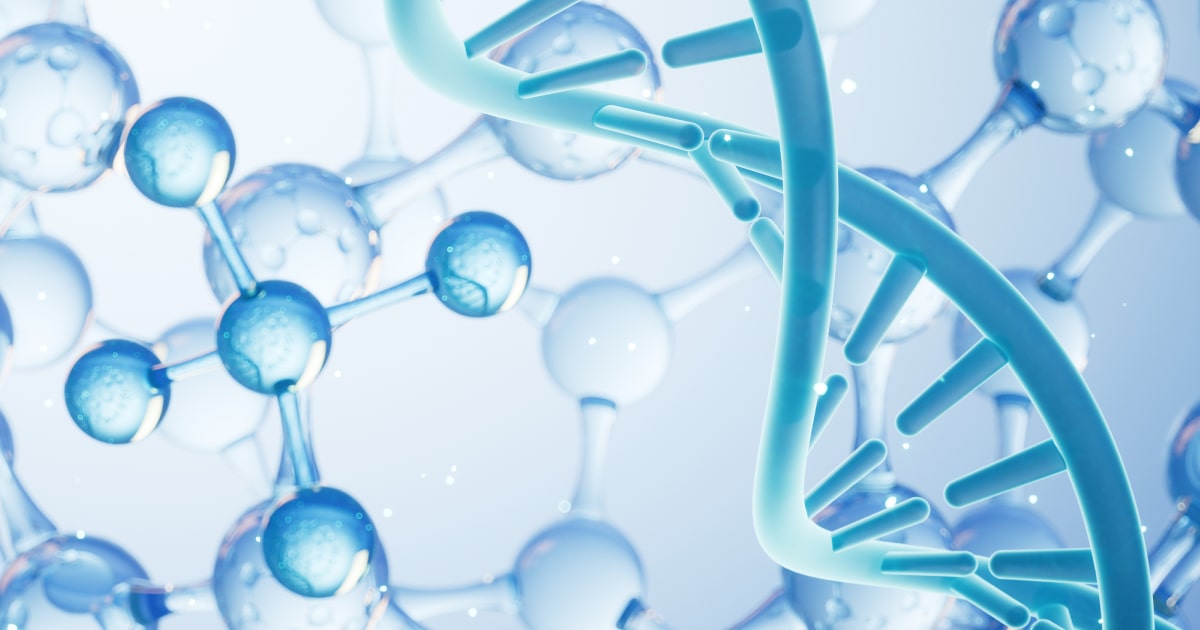
Expert Reviewed By: Dr. Brandon Colby MD
Understanding Cryptozoospermia
Cryptozoospermia is a form of male infertility characterized by the absence of sperm in the ejaculate, which can only be detected through centrifugation and microscopic examination. This condition can be caused by various factors, including hormonal imbalances, genetic abnormalities, and anatomical or physiological issues. In order to better understand the underlying causes of cryptozoospermia, researchers have been exploring the role of genetics in the development of this condition.
Diagnosing Cryptozoospermia
Diagnosis of cryptozoospermia typically involves a thorough medical history, physical examination, and semen analysis. Semen samples are collected and analyzed under a microscope to determine the presence or absence of sperm. In cases of cryptozoospermia, no sperm are visible in the ejaculate, but further testing may reveal the presence of sperm after centrifugation and microscopic examination.
Genetic Testing for Cryptozoospermia
Genetic testing can be a valuable tool for identifying the underlying causes of cryptozoospermia and guiding appropriate treatment options. Several studies have demonstrated the potential of genetic testing in the diagnosis and management of this condition.
P-024 Identification of spermatogenic infertility phenotypes using next-generation sequencing
This study used next-generation sequencing to identify genetic variants associated with spermatogenic failure in oligozoospermia and cryptozoospermia patients. The findings of this research have the potential to contribute to the diagnosis and treatment of male idiopathic infertility, including cryptozoospermia.
The results of cytogenetic and molecular genetic examinations in 35 couples with primary sterility
Another study analyzed the genetic background of primary sterility in 35 infertile couples, finding chromosome aberrations in 6 of the couples. This research highlights the importance of cytogenetic analysis in diagnosing infertility, including cryptozoospermia.
Infertility treatment for patients having a microdeletion of azoospermic factor (AZF)
A retrospective study examined infertility treatment for subjects with AZF microdeletion, which is a known genetic cause of cryptozoospermia. The study reported a 42.9% success rate in achieving pregnancy and healthy delivery using intracytoplasmic sperm injection (ICSI), a fertility treatment that can be particularly beneficial for men with cryptozoospermia.
Genetic causes of haemophilia in women and girls
Although not directly related to cryptozoospermia, this article discusses the complex genetic causes of haemophilia in females, including homozygosity, compound heterozygosity, hemizygosity, heterozygosity, and other genetic and non-genetic causes. This research emphasizes the need for comprehensive testing and classification in order to better understand and manage various genetic disorders, including cryptozoospermia.
Conclusion
Cryptozoospermia is a complex male infertility condition that can be challenging to diagnose and treat. Genetic testing can provide valuable insights into the underlying causes of this condition and guide appropriate treatment options. As research continues to advance our understanding of the genetic factors involved in cryptozoospermia, it is likely that more targeted and effective treatments will become available to help men overcome this infertility issue and achieve successful pregnancies.
About The Expert Reviewer
Dr. Brandon Colby MD is a US physician specializing in the personalized prevention of disease through the use of genomic technologies. He’s an expert in genetic testing, genetic analysis, and precision medicine. Dr. Colby is also the Founder of and the author of Outsmart Your Genes.
Dr. Colby holds an MD from the Mount Sinai School of Medicine, an MBA from Stanford University’s Graduate School of Business, and a degree in Genetics with Honors from the University of Michigan. He is an Affiliate Specialist of the American College of Medical Genetics and Genomics (ACMG), an Associate of the American College of Preventive Medicine (ACPM), and a member of the National Society of Genetic Counselors (NSGC)